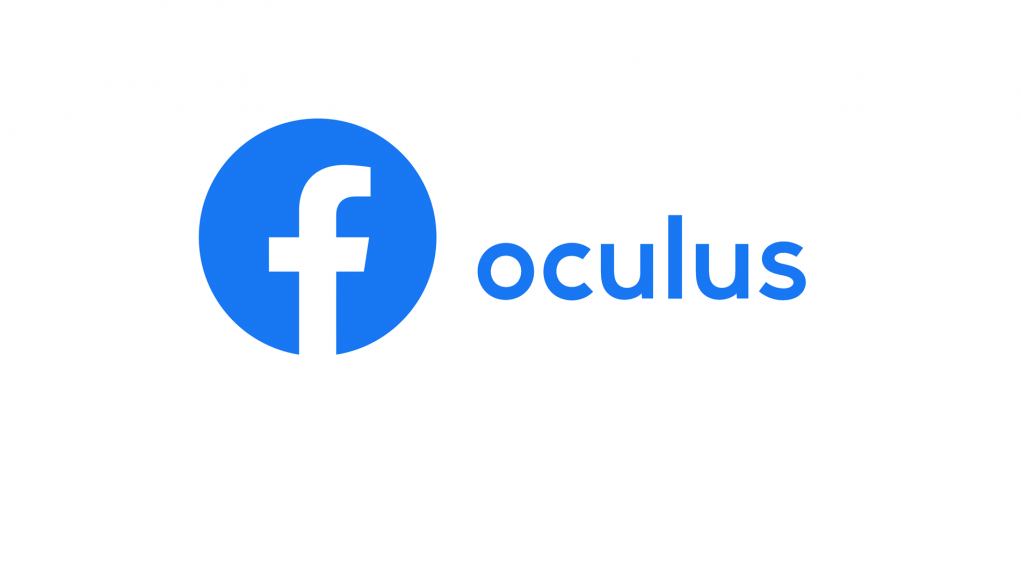Christmas day has come and the evidence suggests that Quest 2 was a hot gift item this year. While it may have inspired screams of joy, it turns out that kids under 13 years old aren’t actually allowed to use the headset according to Facebook. That leaves parents in the awkward position of either handing over their own Facebook account credentials or being stuck with an unusable headset.
If you’re a parent who picked up Quest 2 for a child under 13 years old, you may have hoped to be this year’s holiday hero, but unfortunately once the box is opened and the headset turned on, Facebook will foil those plans. That’s because of the recent requirement that Quest 2 and other Oculus headsets be connected to a valid Facebook account and the company doesn’t allow Facebook accounts to be made by children under 13 years old.
The 13 year old limitation is seen across many account services which are required to use various gadgets, but it is easily overruled by parents who may choose to use their own accounts to activate devices for their kids, or just tell their kids to fudge their age when signing up for their own account.
However, Facebook is fairly unique because the company insists that the age on the account matches that of the user and will proactively shut down accounts if it finds out otherwise. It states very clearly, “Creating an account with false info is a violation of our terms. This includes accounts registered on the behalf of someone under 13. […] Note that we’ll promptly delete the account of any child under the age of 13 that’s reported to us […]”
In some cases the company has gone as far as locking accounts and asking users to send photos of government-issued identification to verify their name and age.
The company also prohibits “sharing accounts between multiple people,” which makes it technically against the rules for parents to log into the headset with their own account for their child to use. Although the company says it has plans to eventually include multi-user support on Quest 2, each user will still require their own unique Facebook account (and still must be 13 years old or older).
Of course, parents who deem it ok for their kids to use the headset can probably skirt these rules, but the risk remains that Facebook finds out about it, locks the account, and limits the functionality of a headset which may have cost between $300 and $400. Though the greater risk, perhaps, is an inconsolable child who can no longer use their shiny new gadget.
And let’s not forget the imposition of giving a young child access to your Facebook account through the headset—which would allow them to share screenshots, videos, and livestreams of their VR activities to your Facebook community.
It’s hard to blame any parent that runs into this trap. While the headset’s product pages generally include “Facebook account required” somewhere in the verbiage, can anyone blame customers for not knowing that Facebook accounts only are for people 13 and older? Even if they happened to spot the “age 13 and up” fine print (which is not always included) should parents be expected to know that this is an enforced rule, which could lead to the headset becoming unusable, rather than a manufacturer’s suggestion?
It is a common misconception that the 13 year old limitation is due to unknown health risks for younger children using VR headsets. The primary reason is because of the U.S. Children’s Online Privacy Protection Act (COPPA), which defines special rules for online companies that collect information about children under 13 years old. Facebook, like many other companies, chooses to simply not allow children under 13 onto its services rather than open itself up to COPPA liability. So even though there’s plenty of Quest 2 games that can be played entirely offline with no data being sent to or from the headset, the Facebook account requirement imposes an age limit on Quest 2 by proxy.







